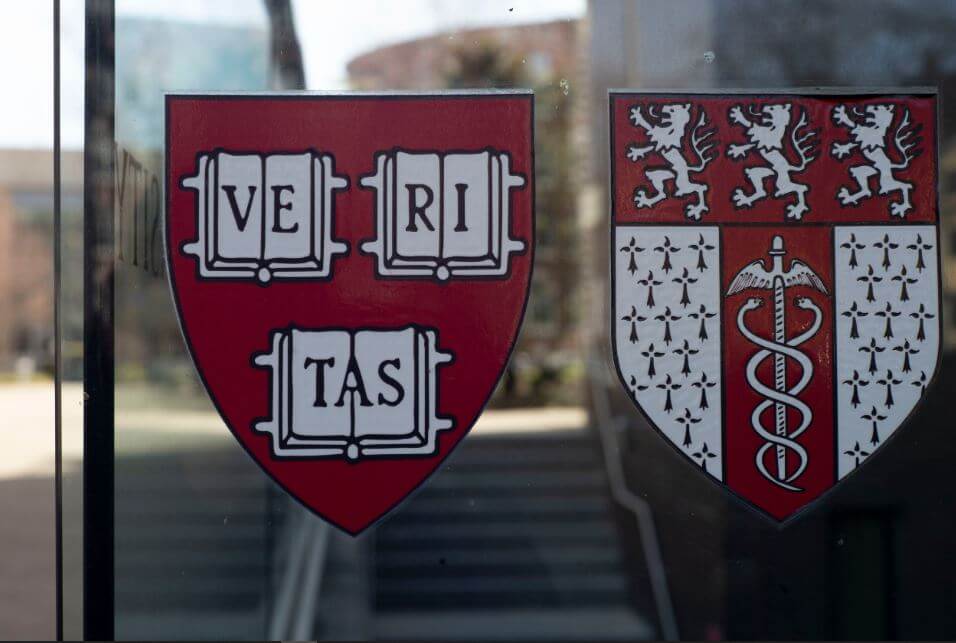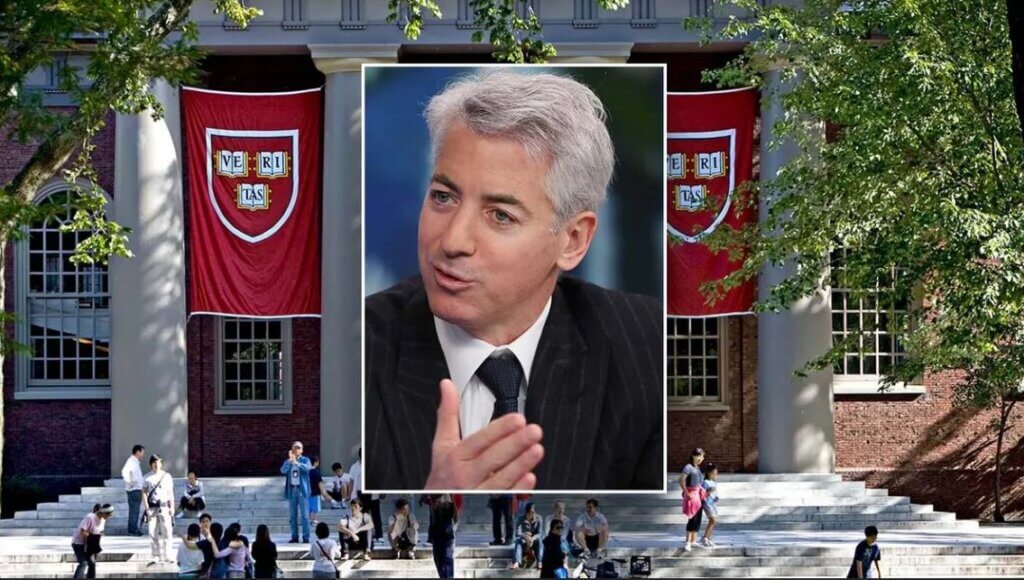The Harvard Trump controversy has taken center stage in national headlines after the Trump administration revoked Harvard University’s ability to enroll international students. This sudden move, announced by the Department of Homeland Security, has stirred outrage across academic and legal communities.
Supporters argue it’s a necessary step for national security, while critics call it a dangerous abuse of federal authority. The controversy centers on whether political disagreements should justify revoking institutional rights—and what that means for the future of higher education in America.
Harvard Trump Controversy Raises Legal and Ethical Questions
At the heart of the Harvard Trump controversy is a key constitutional question: Can the federal government penalize a university based on its perceived ideological leanings?

Revoking Harvard’s certification affects around 6,800 international students and disrupts its academic mission. The Trump administration claims it’s addressing ideological bias and security risks. However, Harvard argues this is political retaliation—prompting the university to file a lawsuit and win a temporary restraining order.
Critics warn that if this action stands, it sets a precedent where any university critical of the government could face similar punishment.
National Security or Academic Suppression?
Some believe elite universities like Harvard have become too politically one-sided and need federal oversight. But many view the Harvard Trump controversy as an example of political interference under the guise of national interest.

Demands for “viewpoint audits” and targeting faculty beliefs suggest a slippery slope. Universities must be free to explore ideas, challenge norms, and foster global talent—without fear of government retaliation.
Conclusion:
The Harvard Trump controversy isn’t just about one university—it’s a larger battle between academic independence and government control. The outcome could shape how freely American institutions can operate in the coming years.
As the legal fight unfolds, one thing is clear: the stakes are higher than Harvard’s reputation—they affect the soul of U.S. higher education.



